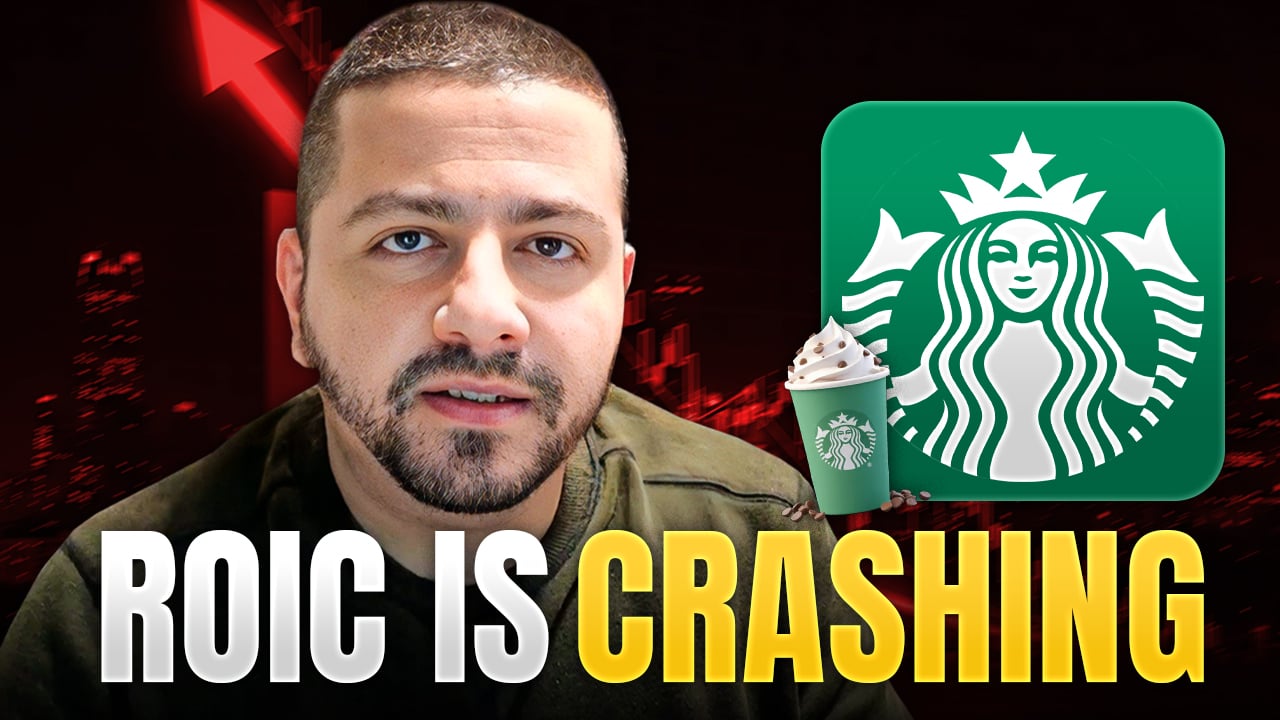Starbucks' (SBUX +3.70%) brand perception may have been dented by CEO Howard Schultz's promise to hire 10,000 refugees worldwide, according to a recent YouGov survey. The research firm claims that prior to the announcement in late January, 30% of respondents stated that they would consider visiting a Starbucks the next time they wanted coffee. After the announcement, that percentage dropped to 24%.
Schultz's decision was a direct response to the Trump administration's initial travel ban on citizens of several Muslim-majority countries. In an announcement to employees, Schultz stated that the company "will neither stand by, nor stand silent, as the uncertainty around the new administration's actions grows with each passing day."

Image source: Pixabay.
Schultz declared that Starbucks would hire 10,000 employees in 75 countries over the next five years, and that the efforts would start in the U.S. with foreign nationals who served as interpreters and support personnel for U.S. troops. That statement sparked a firestorm of controversy, with critics claiming that Starbucks favored hiring foreigners instead of unemployed Americans.
Starbucks responded by noting that it launched a similar five-year program to hire 10,000 veterans and military spouses in 2013, but the YouGov survey indicates that the damage was already done. This raises a tough question -- are Schultz's political views becoming an issue for the coffee chain's investors?
Schultz's history of political controversies
Schultz frequently embraces political controversies. In 2012, Starbucks' support for the legalization of same-sex marriages sparked calls for a boycott. In 2013, Schultz declared Starbucks' U.S. stores gun-free zones -- which resulted in gun-rights activists intentionally bringing firearms to stores during a "Bring Your Gun to Starbucks Day" organized across social media.
In response to the Ferguson riots and deteriorating race relations in the U.S., Starbucks launched the "Race Together" campaign in 2015. The awkwardly conceived campaign gave baristas an option to write "Race Together" on the cups of customers of (presumably) another race to initiate conversations about race relations, but critics on both sides of the political aisle claimed that Starbucks was overstepping its bounds. Starbucks promoted the campaign with full-page ads in U.S. newspapers with the words "Shall We Overcome?" and built its first store in Ferguson, which opened last April.

Image source: Pixabay.
Last year, Starbucks embraced even more controversy with full-page newspaper ads across the U.S. calling for unity in the midst of a divisive election season. The black-and-white ads, which juxtaposed numerous antonyms like "isolation" and "community," stoked less controversy than the Race Together ads, but critics still complained that the coffee giant was commercializing current events.
In 2015, Starbucks launched a red cup for the holidays that eliminated all Christmas-themed ornaments and decorations. That move irritated some Christian groups, but Starbucks doubled down last year with a green cup which replaced all holiday and winter decorations with illustrations of groups of people as a "symbol of unity."
These controversies matter less than you think
Those moves seem bold, but investors should note that these controversies are all centered in the U.S. -- and its home market now matters less than its rapidly growing business in China and the rest of Asia. The China/APAC region generated 14% of Starbucks' revenues last quarter, compared to 12% in the prior-year quarter and 6% in the first quarter of 2014.
Schultz has repeatedly stated that Starbucks' Chinese market will eventually become bigger than its U.S. market. Last December, Starbucks China CEO Belinda Wong declared that the company was "well positioned to double our scale to 5,000 in over 200 cities" over the next five years. While Schultz might like making big political statements in the U.S., it's doubtful that he'll take out full-page ads in China about Tiananmen Square or Taiwanese independence anytime soon.
Furthermore, most of Starbucks' U.S. stores are concentrated near major cities, which mostly supported Clinton in the election, and roughly half of its customer base is under the age of 40. These facts might indicate that Schultz's liberal views are likely shared by a large portion of the company's customer base, and could even boost customer loyalty within that demographic. Looking at Starbucks' revenue growth over the past five years, it's tough to see how all the aforementioned controversies affected its overall growth:
Do politics and business ever mix?
Starbucks isn't the only company to kick the political beehive. Under Armour (UA 1.85%) (UAA 2.61%) CEO Kevin Plank's recent praise of President Trump as a "real asset" to the country backfired badly, alienating customers and prompting sharp rebukes from key spokespeople like Steph Curry, Dwayne "The Rock" Johnson, and Misty Copeland. A humbled Plank later apologized in a full-page newspaper ad, but the comments likely hurt the struggling brand's perception in the U.S.
Liberals may love Schultz's bold political stances and conservatives probably loathe them, but investors should realize that they're also perhaps thoughtful moves, made with the company's target demographic in mind. Schultz is passionate about the things he believes in, but investors should be comforted by the fact that Schultz's previous political stances have not impeded the company's growth. With Schultz soon to be stepping down from his role as CEO, and with the business facing the realities of operating across the globe, we may see less of these political statements in the future.









